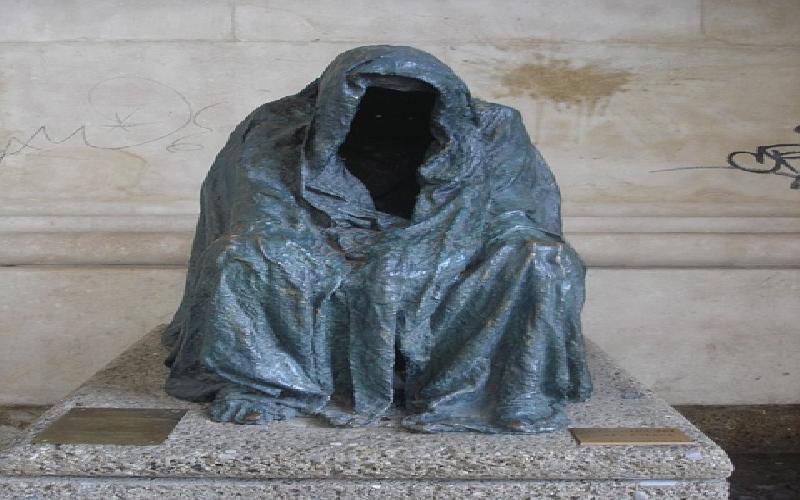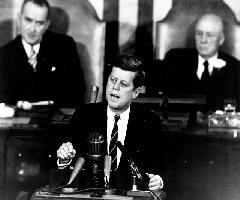On Tuesday, July 26h, director Larysa Kondracki appeared at the Jacob Burns Film Center with her new film, The Whistleblower, a powerful expose on human trafficking in post war Bosnia.
The film is based on U.N. Peacekeeper Kathy Bolkovac and her efforts to shed light on the complicity that existed between the traffickers, U.N. officials and United States contractors acting as peacekeepers. Putting aside the disturbing nature of the conspiracy, the extent to which the director portrayed the victims' ordeal was a continual struggle. "I wanted people to go through this," she said, "but you also didn't want audiences to walkout,"
she added.The film begins with the lead, portrayed by Rachel Weisz, in the midst of a family breakup where she loses custody of her daughter. "She was just a mom from Nebraska," said Kondracki. "Someone the audience could relate to."
So in pursuit of a hefty six month salary and a career stepping stone, she leaves her job as a police officer and accepts the peacekeeper position from a U.S. Contractor, which the film chooses to fictionalize. "We couldn't afford the production insurance," said the Canadian born Filmmaker.
The force was also far from elite. The only requirement was a 21 year old age limit and high school diploma. Additionally, said Kondracki, "Kathy's psych evaluation took place over the phone."
Her initial role was to teach crime fighting techniques to local police officers. In the film, she stumbles onto a police raid on a bar in which a group of prostitutes are arrested with their pimp. She quickly realizes that the police action has occurred because the pimp has not paid off one of the U.N. Peacekeepers in her unit and the women are being held against their will.
Of course, the film then has her investigating and navigating through the stonewalling of U.N. Officials, fellow officers and higher level executives in the American contracting firm. Real life was a bit less dramatic, according to Kondracki.
"A lot of it was right out in the open," she said. Bolkovac would amass evidence, get a pat on the back and was continually told to go away.
But despite the over dramatization in this regard, the plight of the young women needed no embellishment. On film, this collides when she realizes the only way she can get the house to collapse is by getting one of the
young women to testify. The powerful forces neutralize the character's efforts and results in the brutal rape and eventual murder of the woman who dares to speak up.Bolkavac also failed to get someone to testify during her actual stay and she came across a murder victim who was found with tape over her mouth. "They were sending a message about what happened to people who talked," said Kondracki.
As for the all inhumanity perpetrated upon the victims in the film and all the tangled webs between traffickers, the UN and peacekeepers, she added, a search of the Internet yields numerous examples throughout the world that mirrors the events in the film.
Bolkavac eventually sent out a mass email to U.N. officials because her files started to disappear. In response, she was fired. It would have seemed that the contractors complicity was safe from exposure and the billion dollar contract going with it.
Still, she was able to get some of her files out of the country and went to the BBC. It was widely reported in England and throughout Europe but other than coverage in the Washington Post, which was never front page news, the story is mostly unknown here.
Simply following the money home may provide the answer. Additionally, no one in Bosnia was ever prosecuted because of diplomatic immunity. If nothing, she says, "That issue needs to brought into the public discourse."
As it turns out, the film has now gotten the attention of the U.N., but instead of acknowledging the situation, said Kondracki, they are going into damage control mode. Unfortunately, she and her film are also dwarfed by this horrific situation that she claims can be found wherever there are contractors and U.N. Peacekeepers. "What's being done - nothing," she said.
Hopefully, the inescapable power of this film can begin to change things.
More coverage from Jacob Burns http://rmburnsfilmcenter.blogspot.com/



